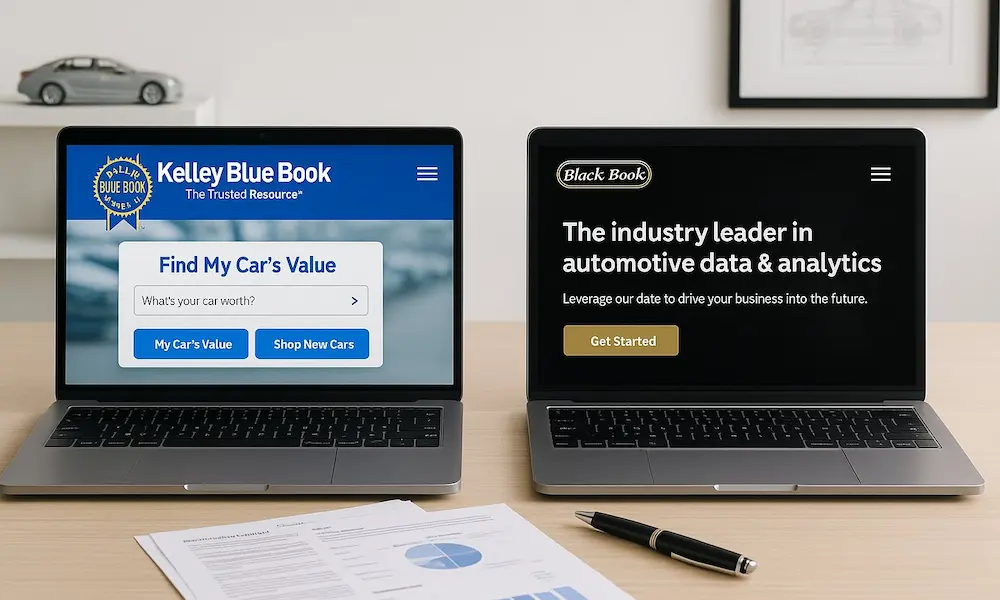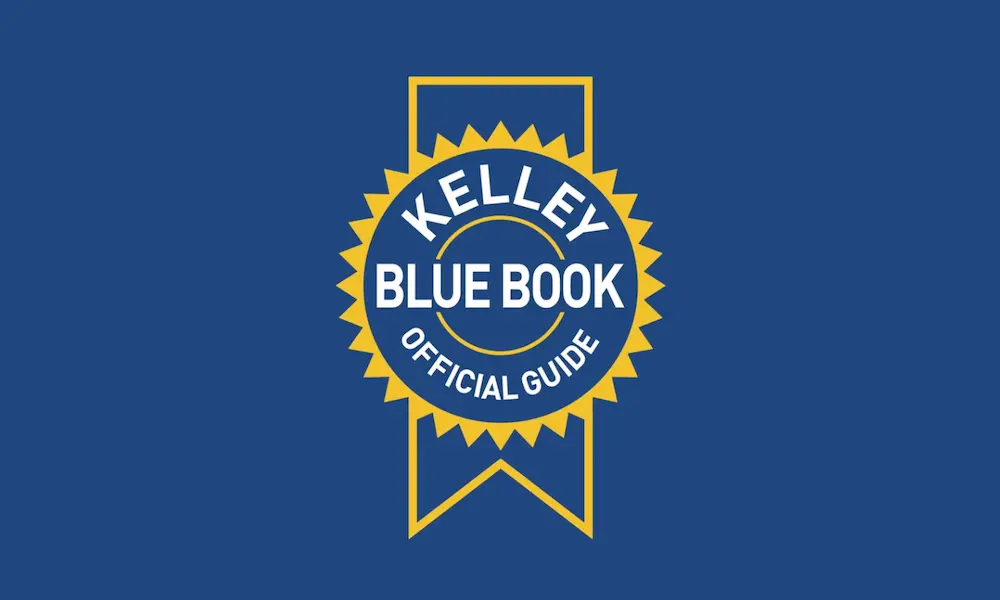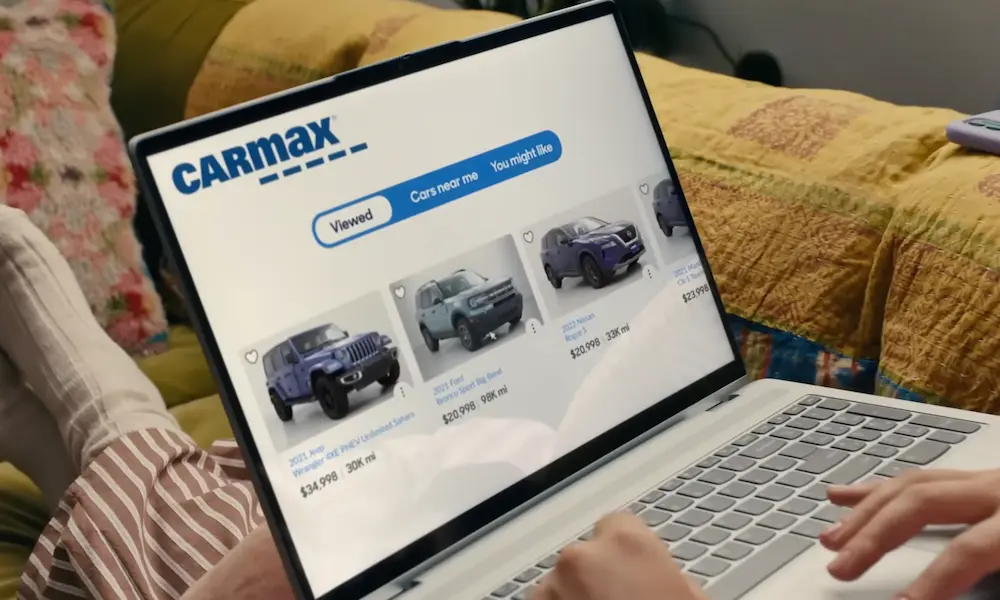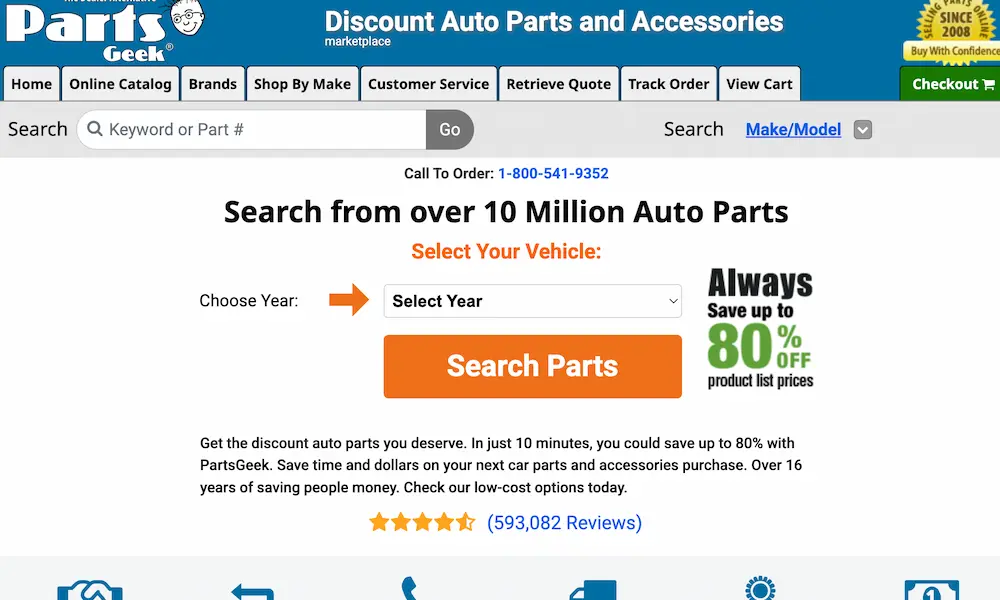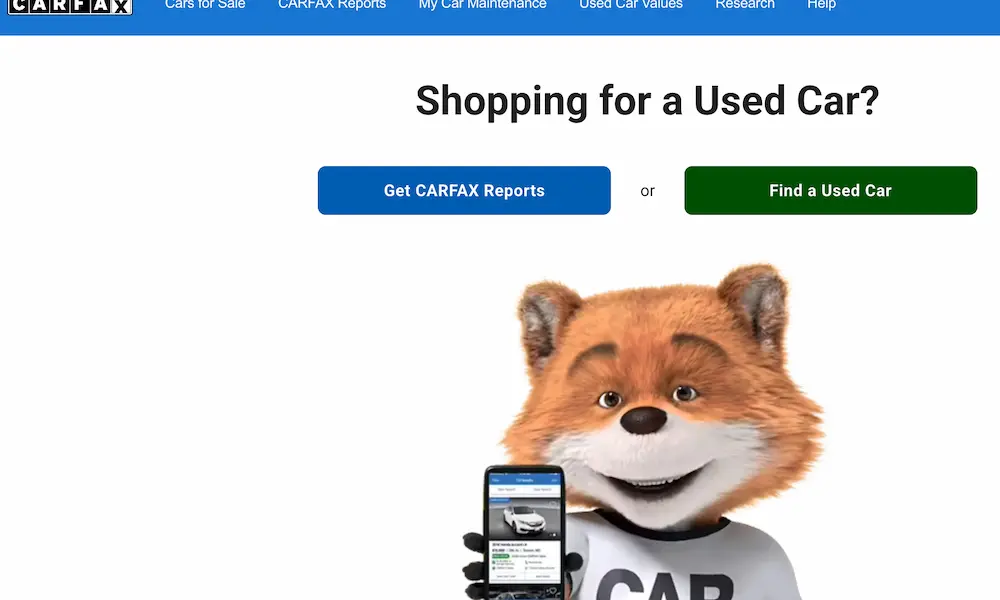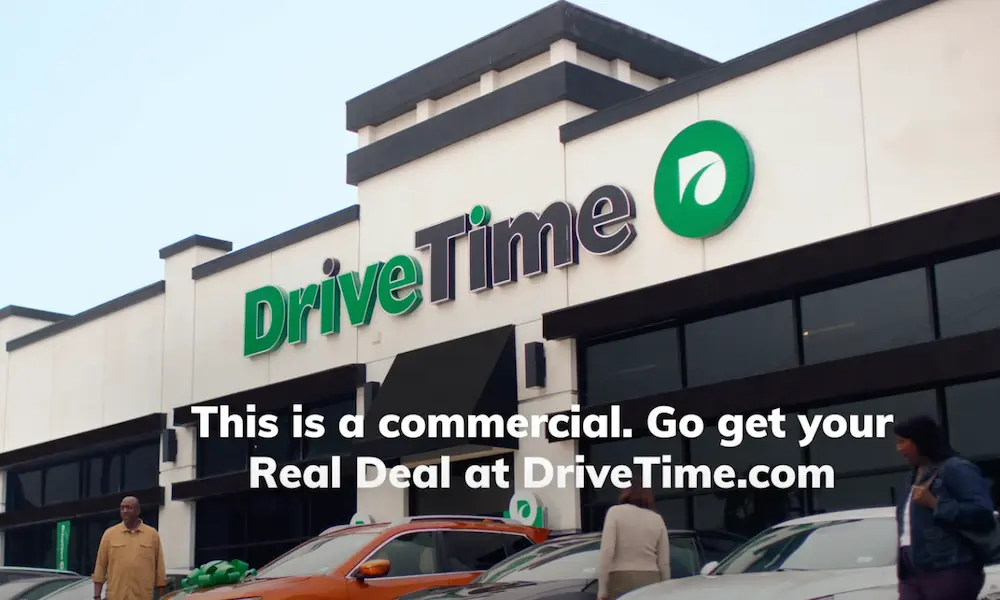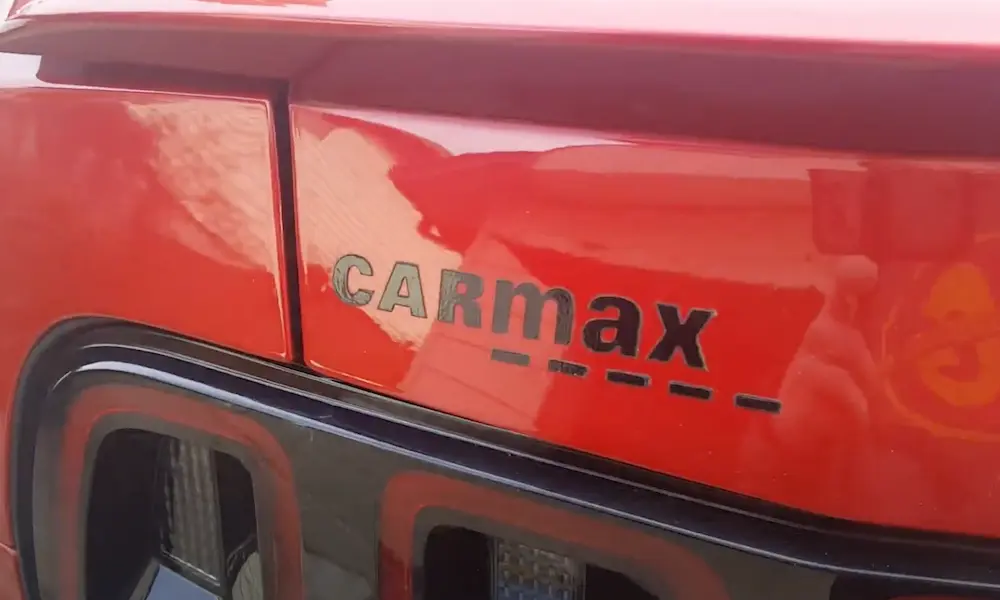Moving to Maryland and need to buy a car? Getting a car from out of state to Maryland is easier than you might think. You’ll need proof of ownership, proof of purchase price, and proof of Maryland residency. By following the right steps, you’ll have your vehicle registered and ready to hit the road in no time. Keep reading to learn how to make the process smooth and hassle-free.
Understanding the Basics of Out-of-State Car Purchases
Buying a vehicle out-of-state, including in Maryland, can be rewarding but comes with several steps and challenges. You’ll want to be aware of the benefits, as well as the title and registration basics.
Benefits and Challenges
Purchasing a car out of state offers some unique benefits like a broader selection of vehicles. You might find models or prices that aren’t available locally. This can be especially useful if you’re looking for something specific or rare.
However, there are challenges. You need to arrange for transportation of the vehicle, either by driving it yourself or hiring a service. Each state has specific rules you’ll need to follow for emissions, inspections, and taxes. It’s essential to research these ahead of time.
Make sure to check the vehicle’s history report to avoid any hidden issues. Be cautious of additional costs that might come up, such as registration fees and sales tax. Being informed can help you avoid unexpected complications and costs.
Title and Registration Basics
When you buy a car in Maryland from out of state, you must handle the title and registration process carefully. First, obtain the vehicle’s title from the seller. Ensure it is signed correctly and includes all necessary information, such as the sale price and date.
Next, you’ll need to register the vehicle in Maryland. Visit the Maryland Vehicle Administration (MVA) with the required documents, including proof of insurance, the signed title, and an odometer reading. You’ll also need to pass a safety inspection within the specified timeframe.
Be prepared to pay registration fees and possible sales tax. Maryland also requires emissions testing for most vehicles, which you should schedule promptly. Following these steps ensures your new ride is legal to drive on Maryland roads.
Selecting Your Out-of-State Vehicle
When looking to buy an out-of-state car for use in Maryland, it is important to consider whether to buy new or used, check the vehicle’s history and value, and ensure it meets inspection and emissions standards.
Choosing Between New and Used Cars
Deciding between a new car and a used car depends on your budget and preferences. New cars often come with warranties and the latest features, but they have a higher upfront cost.
Used cars can be more affordable and may have lower insurance premiums. Buying from a private seller might save you money, but purchasing from a dealer could offer some warranty protection and financing options. Evaluate these factors to make an informed choice.
Evaluating Vehicle History and Book Value
Before buying a used car, always review its vehicle history report. This report provides details about previous accidents, title issues, and mileage.
Check the car’s book value on sites like Kelley Blue Book to ensure you’re paying a fair price. Compare the car’s condition and features against similar models to get an accurate estimate.
Vehicle Inspections and Emissions Standards
Maryland requires all vehicles to pass a safety inspection and meet emissions standards before you can register them. This is especially important for used cars. You can find a list of certified inspection stations on the MVA website.
If the car doesn’t meet emissions testing requirements, you’ll need to address any issues before it can be registered. Schedule these inspections promptly to avoid delays in registration.
Financial Considerations for Out-of-State Car Buying
When buying a car in Maryland from out of state, you’ll need to think about taxes, fees, financing, and insurance. Each aspect is important to ensure you don’t face unexpected costs.
Understanding Taxes and Fees
When you purchase a car from out of state, you need to pay attention to various taxes and fees. Maryland requires a certificate of ownership or the original out-of-state car title as proof of ownership. Also, if your vehicle is from a state that doesn’t issue titles, a registration document and bill of sale will be necessary.
You will also need to pay the Maryland excise tax, which is based on the fair market value of the car. There are also title fees and registration fees. Rebates and incentives from the dealer might help offset some expenses, but keep in mind they may also be taxable.
Securing Financing and Insurance
Securing financing for an out-of-state car purchase can be challenging. It’s a good idea to get pre-approved for a loan from a bank, credit union, or your chosen lender. This way, you know how much you can spend and the interest rates available. Make sure to compare* prices* and loan terms to get the best deal.
For insurance, you’ll need to provide proof of insurance to register the car in Maryland. Contact your current car insurance provider for a quote or shop around for better rates. Ensure your new policy covers the vehicle from the moment you take possession. Maryland may require specific insurance information, so review these details to avoid any compliance issues.
Dealer vs. Private Seller Transactions
When buying a car in Maryland from out of state, you can choose between purchasing from a dealership or a private seller. Each option has its benefits and considerations.
Working with Dealerships
Buying from a licensed dealer offers several advantages. Dealerships usually provide a warranty, which can give you peace of mind. They also handle most of the paperwork for you, including title transfer and bill of sale.
Dealerships can offer financing options if you need a loan. This can make the purchase process easier, especially if you don’t have all the cash upfront. When you work with a dealership, you can also get vehicle history reports to ensure the car hasn’t been in major accidents or had significant issues.
Be prepared to pay a higher price than you might with a private seller. Dealerships need to cover their operating costs, so they mark up the vehicle prices. It’s also wise to check their reviews and ratings online to ensure you’re working with a reputable dealer.
Purchasing from Private Sellers
Buying from a private seller can save you money because the prices are often lower. These sellers don’t have the overhead costs that dealerships do. To complete the transaction, you will need to handle more of the paperwork, such as the bill of sale and, if necessary, a notarized bill of sale.
Make sure to check if there is any lien information on the vehicle. Liens mean that there is still money owed on the car. Ask the seller to provide proof that the lien has been paid off.
You might not get a warranty when buying from a private seller. It’s important to get the car inspected by a mechanic before finalizing the deal to avoid any hidden issues. You should also obtain a vehicle history report to ensure the car’s background is clear of major problems.
Parking the car on your property right after the purchase or arranging for a tow truck can be a hassle but is sometimes necessary depending on local laws and regulations.
Documentation and Legal Requirements
When buying a car in Maryland from out of state, you’ll need to gather and complete several documents. These include proof of ownership, odometer disclosures, and security interest filings.
Essential Documents and Forms
To start, you must have the certificate of title from the previous owner. This verifies the vehicle’s ownership. If there’s any lien on the car, you’ll need a lien release document.
Next, fill out the Maryland title application (Form VR-005). This form registers the car under your name. Additionally, an odometer disclosure statement is required. This form records the mileage to avoid fraud.
You might also need a power of attorney if someone else is handling the paperwork for you. Make sure it’s notarized to be valid.
Lien and Security Interests
If the car has a lien, you’ll need to deal with the security interest filing statement. This form registers any lien held by a lender.
Once the lien is paid off, a lien release must be submitted. This document proves the debt has been cleared, allowing you to transfer the title freely. Ensure this release is on official letterhead from the lender and includes:
- Loan details
- Debtor’s information
- Vehicle’s description
Check that all information matches the certificate of title.
State-Specific Regulations
Maryland has distinct regulations for out-of-state vehicle purchases. For example, you will be charged an excise tax of 6% of the vehicle’s book value or purchase price if the car is 7 years old or newer. For older cars, it’s based on the purchase price, with a minimum excise tax of $38.40.
Additionally, you’ll need a temporary 30-day registration if driving the car from another state. Don’t forget to arrange a vehicle safety inspection before finalizing the title transfer. Safety inspection stations are available across Maryland and issue a certificate after passing the inspection.
Proper completion of these steps ensures your vehicle is registered legally in Maryland.
Completing the Purchase and Transfer Process
When buying a car from out of state and bringing it into Maryland, you’ll need to navigate several steps to ensure the car is properly titled and registered. You should be aware of negotiating prices, transferring titles, and potential shipping considerations.
Negotiating Prices and Finalizing the Sale
When you’re buying a car from an out-of-state dealer, it’s important to negotiate the best price. Don’t forget to ask about any potential rebates or discounts. Make sure you get a notarized bill of sale as proof of purchase for registering the vehicle in Maryland. Verify the agreed-upon price to determine the Maryland excise titling tax, which is 6% of the vehicle’s price or its book value if the car is seven years old or newer.
When finalizing the sale, ensure you have all necessary documents. This includes proof of ownership, the original out-of-state title, and valid identification. These documents will help in the next steps of transferring the title and registering the vehicle.
Title Transfer and Registration in Maryland
After purchasing your car, you must transfer the title and register the vehicle in Maryland. To do this, you need the original out-of-state title, proof of purchase price, and a completed Maryland Form VR-005. You must also provide proof of insurance and possibly a Maryland Safety Inspection Certificate. The state registration process includes paying the Maryland excise titling tax and other related fees.
You’ll also need to get a Maryland safety inspection. This inspection ensures your car meets the state’s safety standards. Without this certificate, you can’t complete the registration. Additionally, apply for a temporary transport tag, which is useful for driving the car to an inspection station or while waiting for your permanent plates.
Out-of-State Dealer and Shipping Considerations
When buying from an out-of-state dealer, shipping the vehicle to Maryland is a key consideration. Check if the dealer offers shipping services and the associated costs. If you arrange the shipping yourself, compare quotes from several shipping companies.
Additionally, make sure the vehicle’s condition is documented before and after shipping to avoid disputes. This includes photographing the car and noting any damages. Also, consider obtaining shipping insurance for added protection.


